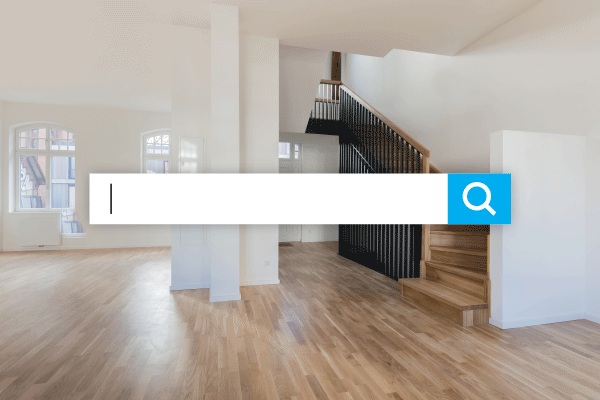The internet is rife with stories of rental properties gone wrong—college students who throw loud parties; pet lovers with animals that leave trails of destruction; couples who vanish without notice (taking the appliances with them!); professionals who stop paying rent yet refuse to leave.
But renting out a second home or spare bedroom doesn’t have to end in horror; this great source of extra income can be a positive and relatively risk-free experience. The key, of course, is finding the right tenants. We asked Kathy A. Hertzog, CEO of the Landlord Association—an organization providing information and resources for independent landlords—how to avoid the nightmares and start cashing in.
Craft The Perfect Ad
First, make sure that renting out your place is compliant with your city’s zoning laws and, if applicable, your Homeowners Association’s rules. Then get the word out on social media and rental sites with an ad that will attract your ideal renter. Want to woo a family? Mention the unit’s child-friendly features and nearby playgrounds. Looking for young professionals? Entice them by playing up office space and nearby restaurants. Be clear on the rent, deposit, lease length, and pet and smoking policies, and say that you’ll require a background check and an application fee, advises Hertzog. “Right away you’ll weed out anyone who knows they won’t pass a credit or criminal background screen or isn’t serious about moving,” she explains.
Narrow The Field
You can learn a lot about someone with a phone conversation, so request that from prospective applicants. Have a list of questions ready: when and why they’re moving, if they have roommates or pets, if they require parking, if they can provide references from previous landlords, and what their monthly income is. Make sure they’re willing to undergo a background check and to cover the cost (usually $25 to $45). “You’ll save yourself a lot of time and effort by only showing your home to candidates who are qualified and a good fit,” says Hertzog.
Do Some Detective Work
Require prospectives to fill out a rental application (you can find free, customizable templates online) that includes their current address, email, and rental and employment history, as well as contact information for previous landlords and a current employer. You should also ask whether they smoke, have pets, or have ever been evicted or convicted of a felony. Request proof of income (e.g., their last two or three paystubs, bank statements, tax returns) to ensure that their monthly net earnings are at least three times the rent. Seek out one of the major credit-reporting agencies or a tenant-screening company to run both a credit and a criminal background check, verify employment and salary, call references, and (if possible) swing by the applicant’s current residence to get a sense of how well-maintained it appears, suggests Hertzog. If you’re considering a student or recent grad who lacks employment and rental history, consider requiring a co-signature on the lease (run the credit check on the guarantor).
Get The Lay Of The Law
To make sure you don’t inadvertently run afoul of anti-discrimination laws in your tenant search (like putting “no kids” in your ad or casually asking a couple if they’re married), familiarize yourself with the Federal Fair Housing Act, which prohibits choosing tenants on the basis of race, color, national origin, religion, sex, familial status or disability. States have their own Fair Housing laws, along with laws that govern many aspects of the landlord-tenant relationship. Learn more at the U.S. Housing and Urban Development’s rental-assistance site; click on your state.
Check Your Coverage
Even if you’re only renting the space over the garage, reach out to your homeowners insurance company and let them know your game plan. To protect yourself from liability as a result of a tenant injury, break-ins or damage to your rented property, you may need to add umbrella insurance or purchase landlord insurance. And since your insurance likely won’t cover losses to a tenant’s personal possessions, it’s a good idea to require tenants to carry renters insurance. List all of your policies and expectations in the lease agreement, from the number of persons allowed in the unit at a time to the rent due date and attached late fees, along with cleaning requirements and quiet time (if the space is within your home). This will go a long way toward ensuring a peaceful and prosperous landlord-tenant relationship.
Own a rental property? Make sure it’s covered by the right landlord insurance policy. Get a fast free quote through the GEICO Insurance Agency today.
By Julia Califano










Leave a comment